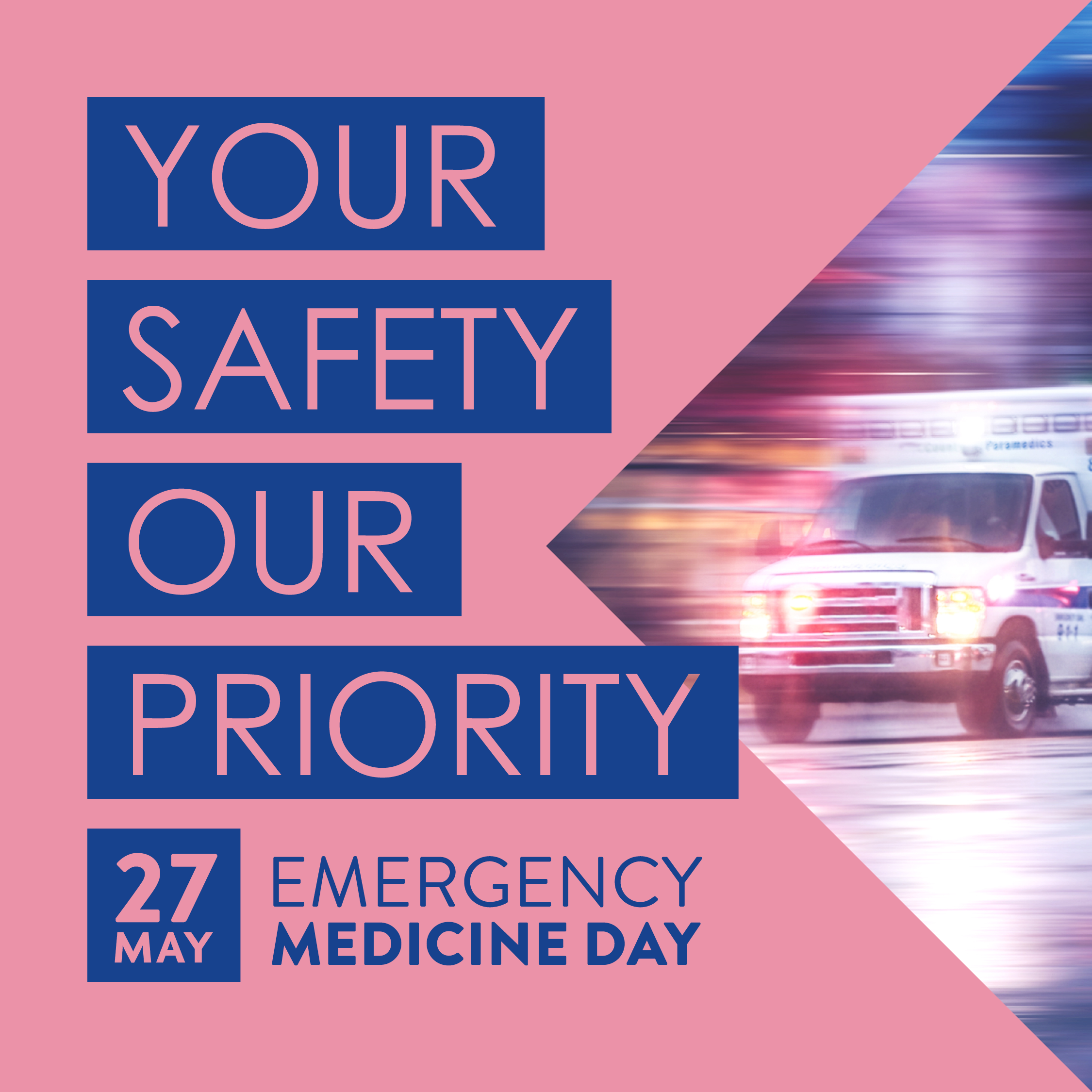Embracing the term 'IMG'
In the healthcare landscape of both Australia and Aotearoa, particularly within emergency departments (EDs), the designation ‘International Medical Graduate’ (IMG) carries significant implications that go beyond mere terminology. Despite facing scrutiny and bearing negative connotations, the term IMG remains indispensable.
As a consultant in emergency medicine who has navigated the complexities associated with this label, I have grown to recognise the importance of maintaining the term IMG. I believe it is not a constraint, but a symbol of distinct identity and resilience.
The importance of a label
Fundamentally, labels serve to categorise and define. Yet, they are also imbued with perceptions and prejudices that can either uplift or undermine. At its essence, the term IMG is one such label.
““I have grown to recognise the importance of maintaining the term IMG. I believe it is not a constraint, but a symbol of distinct identity and resilience.”
”
It identifies a broad and diverse cohort of medical professionals trained outside Australia. Initially, being labelled as an IMG felt akin to facing a barrier – a barrier that highlights differences and suggests potential discrimination or exclusion. Over time, however, this perspective has shifted.
What was once perceived as a label of exclusion has evolved into a symbol of pride and belonging. This transformation in perception underscores the fact that the true power of a label is not within the term itself. Instead, it is in the connotations we attach to it.
The quest for cultural change
The debate surrounding the term IMG reflects a wider conversation about labels and identity within minority groups. History demonstrates that terminology evolves as societal perceptions shift. For instance, the transition from 'coloured' to 'African American' in the United States exemplifies the dynamic life cycle of terms, with each accruing its own associations until the need for change emerges again.
Similarly, in Australia, the term 'Aboriginal and Torres Strait Islander' has gradually shifted towards 'First Nations' people. Although this is not universally accepted, the change signals an ongoing evolution in societal identification.
Learning from the past
The change from 'Overseas Trained Doctor' (OTD) to IMG around 2010 marked a pivotal moment in the history of the Australian medical workforce. It was a time when OTDs stood against a convoluted and discriminatory system.
““It’s a conversation that recognises that, while labels can define us, they can also unite us.””
Collective action and advocacy motivated change that led to a parliamentary inquiry –resulting in the Lost in the Labyrinth report published in 2012 – and significant reforms and improvements to the understanding and available support for the medical professionals now known as IMGs. This transitional period in the history of the Australian health sector stands as a testament to the power of a united voice and the potential for systemic change.
Advocating for an inclusive future
Today, the discussion around the term IMG and its implications extends beyond mere terminology: it advocates for a cultural shift towards inclusivity and respect for diversity in the medical profession - especially within emergency departments.
It’s a conversation that recognises that, while labels can define us, they can also unite us. As IMGs working in EDs in Australia and Aotearoa, we have a unique opportunity to set an example, turning negative discrimination into a narrative of strength, diversity, and excellence in healthcare.
The journey towards altering perceptions and fostering a more inclusive environment is ongoing. It requires more than just a re-evaluation of the terms. The pathway demands a deep commitment to cultural change. This effort should benefit not just IMGs but also other marginalised groups – both within the medical community and beyond.
In conclusion, the term International Medical Graduate, with its complexities and challenges, remains a crucial part of our professional identity in the context of Australian emergency departments.
Identifying with the term IMG serves as a reminder of our journey, our contributions, and our continued mission to enhance the healthcare landscape. Through dialogue, advocacy, and action, we aim to work towards a future in which every medical professional, regardless of their origin, is valued and celebrated for their unique contributions to healthcare.






